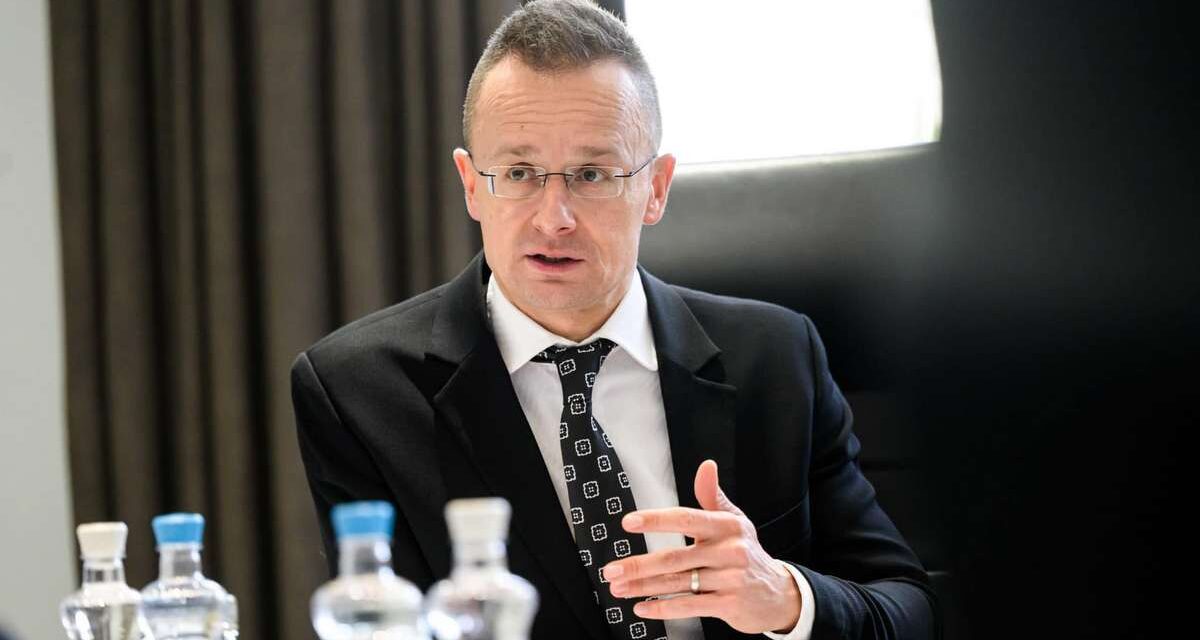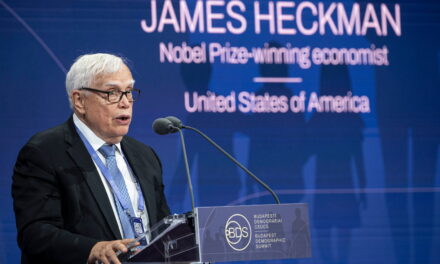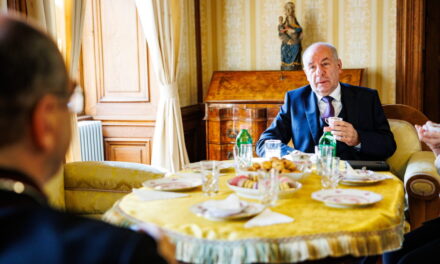NATO has never been as close to war as the latest draft would lead to, the defense alliance would coordinate the delivery of weapons and the training of Ukrainian soldiers, and this would cancel all previous agreements, said the Minister of Foreign Affairs and Trade in the interview.
NATO wants to support Ukraine in a new construction, which the Hungarian government opposes even in the planning phase. The Minister of Foreign Affairs and Trade said that with this decision, NATO is even closer to war. Moreover, according to him, it can be said that NATO has never been as close to war as the latest draft would lead it to. The defense alliance would coordinate the delivery of arms and the training of Ukrainian soldiers, overturning all previous agreements.
The NATO Council of Ukraine met this week, and Péter Szijjártó, Minister of Foreign Affairs and Trade, who we asked exclusively about NATO and the Russian-Ukrainian war, took part in it. We touched on it during the interview
• NATO's new plan,
• NATO's new role in the global world order,
• how could there be peace according to Péter Szijjártó,
• and also who the government wants to be the new NATO Secretary General.
What exactly does the association want?
After the foreign minister's meeting, how do you see NATO's position regarding the Russian-Ukrainian war changing since the outbreak of the war?
At the outbreak of the war, NATO made a decision that had two very important elements for us. One of them said that NATO is not a party to the war in Ukraine. According to the second, everything should be done to avoid a direct direct confrontation between NATO and Russia. In practice, this meant that the member countries send arms and money to Ukraine on a bilateral basis, and help with information where appropriate. Every single decision that NATO has made in the last two years has been examined through this lens. So there were two red lines, according to which NATO is not a party to the conflict and direct confrontation between NATO and Russia must be avoided. So far, everyone has respected this. At the same time
this is the first time a case has occurred where these previously laid down consensuses, the already drawn red lines, are practically erased and crossed in a proposal.
The current proposal has several important elements: I want to increase NATO's coordinating role in training and arms deliveries.
Hungary is a member of this alliance, why exactly is it unacceptable? And why is it important to say no to planning right away?
Because this decision brings NATO even closer to war. In fact, it can be said that NATO has never been as close to war as it could be with this plan. Although the pressure was enormous, and several people directly questioned the Hungarian position, the Hungarian delegation announced: Hungary is no longer willing to participate in the planning. We will definitely not participate in operations. Such activities cannot take place in Hungary, and he is not willing to contribute to this action with a single taxpayer's forint. Because a five-year cycle of one hundred billion euros was added to the package, which the NATO member countries should add up. We would be burdened with about fifty-seven billion forints - this is nonsense. The European Union package of fifty billion euros is already there, now they want NATO to add another hundred billion euros to this.
As far as I know, no decision has been made yet. Why do you have to block something in the first place?
The decision this week was that the presentation and planning will begin. No decision has been made about the so-called mission itself or about a new role. Well, now this is partly good news, partly bad. It is good that there is no final decision yet, but the planning has started. Seeing the positions of the member countries, I think it is more likely that the planning will end with the launch of the mission. The bad news is that at every moment of the planning period, there will be enormous pressure on us to get on board. However, the government will persevere to the end, we will fight all the way, we will not give up our sovereign decision. We don't even enter the planning phase, because if we are dragged into this part, it unfortunately means that it is very difficult to get out from there.
The full interview can be read on the Index!
Featured image: Facebook / Péter Szijjártó













